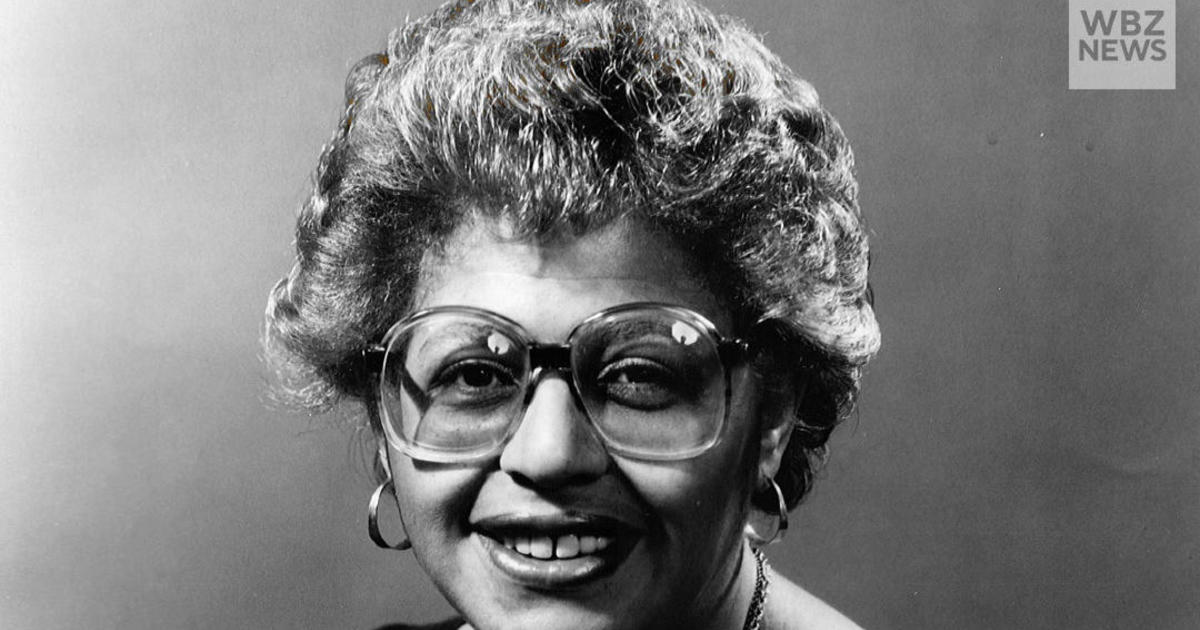Patrick Health Care Reform 2.0: Make It More Affordable
BOSTON (CBS/AP) – Gov. Deval Patrick says the next phase of health care reform should focus more on paying doctors for keeping their patients well instead of the fee-for-service model.
So he unveiled new legislation Thursday that he claims will rein in spiraling insurance costs by setting boundaries on the health care market.
WBZ NewsRadio1030's Carl Stevens reports
Podcast
The push to slow soaring costs in Massachusetts has intensified since the state passed its landmark 2006 health care law. About 98 percent of residents are now insured.
Find: Health Insurance
While the law dramatically expanded coverage, it did little to curb costs. Those costs are now putting increased pressure on the state budget and family finances.
In an address to the Greater Boston Chamber of Commerce, he said that Massachusetts led the way in expanding health coverage and is now "poised to lead again on health cost containment."
"But just like the first round of health care reform, this is about what kind of Commonwealth we want to live in. The goal is more affordable care and higher quality care," Patrick said.
HOW IT WORKS
The plan will move Massachusetts toward a "global payment" system in which doctors are rewarded by how healthy they keep their patients, not by how many procedures or office visits they schedule.
Critics of the existing health care system say it includes incentives that boost the pay of doctors and hospitals based on the number of procedures or tests they administer.
Under the model being proposed by Patrick, a primary care doctor will be rewarded for treating a patient's overall health instead of the more piecemeal approach.
QUALITY NOT QUANTITY
Some health care providers in Massachusetts are already moving in that direction.
In December, Blue Cross Blue Shield of Massachusetts and doctors at Beth Israel Deaconess Medical Center in Boston signed an "alternative quality contract" designed to lower costs by paying doctors and hospitals for the quality, not the quantity, of the care they provide.
Patrick's proposal would set a more formal structure for the entire state, including the creation of a new health care council made up of top public health officials to act as a central clearinghouse for the system.
The goal of the council is to help put pressure on the market.
While it won't have the power to directly set a price for how much a hospital or doctor can charge for an operation or test, it will try to set boundaries for the market.
INSURANCE COMMISSIONER'S ROLE
To help enforce those boundaries, the bill would maintain and strengthen the authority of the state's insurance commissioner to review health care premiums and to reject excessive premium increases.
Excessive increases would be defined in part as rates that rise faster than the rest of the economy is growing or rates that are increasing faster than health care costs in the rest of that region.
The commissioner also would be allowed to take into account the relative health of a health care provider so community hospitals with fewer financial resources aren't punished.
The overall goal of the legislation is to set the rules for all those in the industry to play by and to keep the pressure on the market to limit costs while allowing for enough flexibility for the market to innovate.
GLOBAL PAYMENT SYSTEM
The state's insurers have recommended a cautious approach, saying that before pushing a global payment system that mandates more coordination among a patient's physicians, nurses, hospitals and other care providers, the state needs to even out how much hospitals and doctors can charge.
In the same health care market, costs for similar tests and procedures can vary wildly, insurers said, and the state needs to create a more level playing field.
Health care advocacy groups, however, have urged lawmakers to act quickly, saying the recession has led to a jump in the number of people struggling to pay health care premiums.
(TM and © Copyright 2010 CBS Radio Inc. and its relevant subsidiaries. CBS RADIO and EYE Logo TM and Copyright 2010 CBS Broadcasting Inc. Used under license. All Rights Reserved. This material may not be published, broadcast, rewritten, or redistributed. The Associated Press contributed to this report.)



